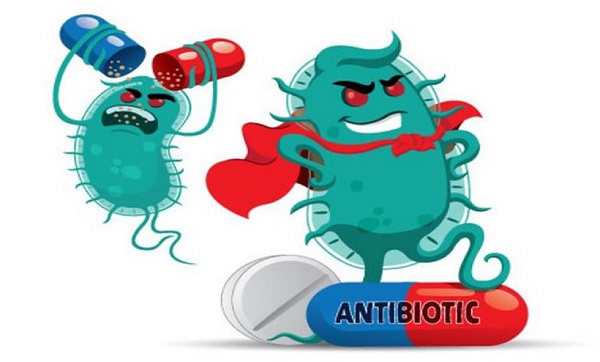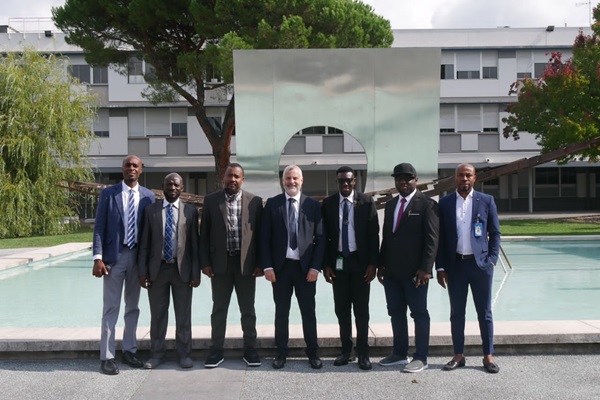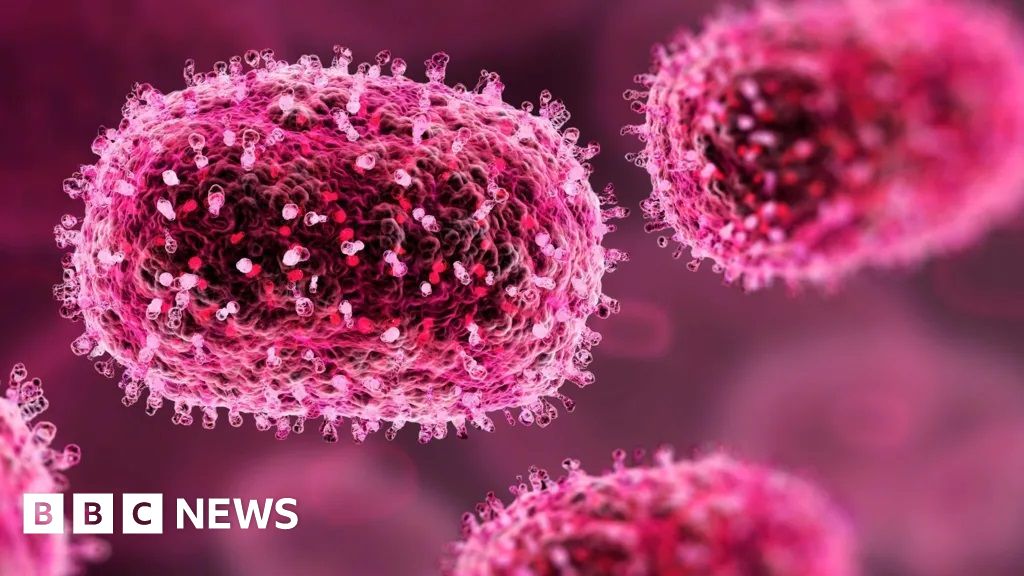Place your adverts here on InfoDig @ low rates; banner ads, sponsored links and guest articles etc. Contact us

The Nigeria Centre for Disease Control and Prevention (NCDC) has stated that antimicrobial resistance (AMR) poses one of the greatest threats to global health.
The NCDC warned that it could push millions into extreme poverty, reverse decades of medical progress, and result in millions of deaths annually.
Director-general of the NCDC, Dr. Jide Idris made this statement during a side event on AMR at the 79th United Nations General Assembly (UNGA79), organised by Management Science for Health (MSH).
Science Nigeria reports that AMR occurs when bacteria, viruses, fungi and parasites evolve over time and no longer respond to medicines, making infections harder to treat and increasing the risk of disease spread, severe illness and death, according to the World Health Organisation (WHO).
WHO estimates that AMR could lead to as many as 10 million deaths annually by 2050 if effective measures are not taken to address the issue.
With a projected population of over 400 million by 2050, Nigeria’s success in combating AMR is vital to mitigating its dire consequences.
Idris emphasised the urgent action needed to tackle this growing crisis, as it endangers lives and livelihoods worldwide.
He explained that AMR is driven by various factors, including the global use and misuse of antibiotics in both human and animal health, a lack of access to clean water and sanitation, inadequate infection prevention measures and weak surveillance systems.
“To effectively address AMR, we must recognise that this crisis spans multiple sectors. Collaboration between health, agriculture, environment and industry is essential.
“Adopting a one health approach that unites these sectors is critical for ensuring a holistic response,” he noted.
He highlighted Nigeria’s National Action Plan on AMR, stating that it reflects the country’s determination to integrate AMR interventions into broader health development and security frameworks.
He stated that AMR is part of “our broader health sector reforms.”
“Our four-point agenda reflects this commitment as we invest in modernising healthcare facilities to enhance AMR surveillance and treatment capabilities, improving diagnostics, and integrating data systems for better tracking of resistance patterns.
“Enhancing laboratory capacity for surveillance is one of the cornerstones of an effective AMR response, as surveillance is critical for understanding the spread of antimicrobial resistance and informing evidence-based policies.”
Idris noted that through the NCDC, Nigeria has made significant strides in improving diagnostic laboratory networks across the country to enhance its ability to track and monitor AMR, as well as improve the early detection of outbreaks.
He described the urgent need for a coordinated approach to address AMR, identifying it as a global development challenge.
The NCDC boss stated that achieving universal health coverage is one of the essential steps in combating AMR.
“With access to healthcare, many individuals resort to inappropriate informal treatments, including the misuse of antibiotics, which has led to the spread of resistance.
“In Nigeria, we are working to ensure that access to quality healthcare is a right for all citizens and not a privilege for the few.
“Expanding universal health coverage means that more Nigerians will have access to proper diagnoses, appropriate use of antibiotics, and timely interventions for infections.
“Furthermore, this strategy focuses on the primary healthcare system, which is critical for reducing the burden of infectious diseases and preventing unnecessary antibiotic use.
“A resilient supply chain is essential for ensuring the availability of quality antibiotics and diagnostics while preventing the circulation of substandard or counterfeit medicines,” he stated.
The NCDC boss indicated that improving the supply chain is a critical element in the fight against AMR, adding that the Nigerian government is working to strengthen pharmaceutical distribution systems.
“We are also enhancing oversight and regulation of antibiotic sales to prevent misuse and restrict access to restricted drugs,” he explained.
It is important to note that AMR occurs when microbes evolve to resist drugs meant to treat them. While AMR naturally occurs over time, it is now accelerating due to the misuse and overuse of antibiotics in healthcare, agriculture, and veterinary practices.
This misuse not only makes antibiotics less effective but could also lead to common infections becoming untreatable. AMR already causes 700,000 deaths globally each year, a number that could rise to 10 million by 2050.
Additionally, the uncontrolled disposal of antimicrobials contributes to environmental contamination and further spreads resistance.
Addressing AMR requires behaviour change, informed by gender-sensitive research, as gender influences access to healthcare and prescribing patterns.
Studies show that women may be more likely to receive unnecessary antibiotics in some contexts, while men are more prone to AMR infections due to behaviours like inadequate handwashing.
Gender norms and inequalities play a key role in shaping behaviours that drive AMR, making it essential to integrate gender into AMR interventions for more effective solutions.















 English (US) ·
English (US) ·